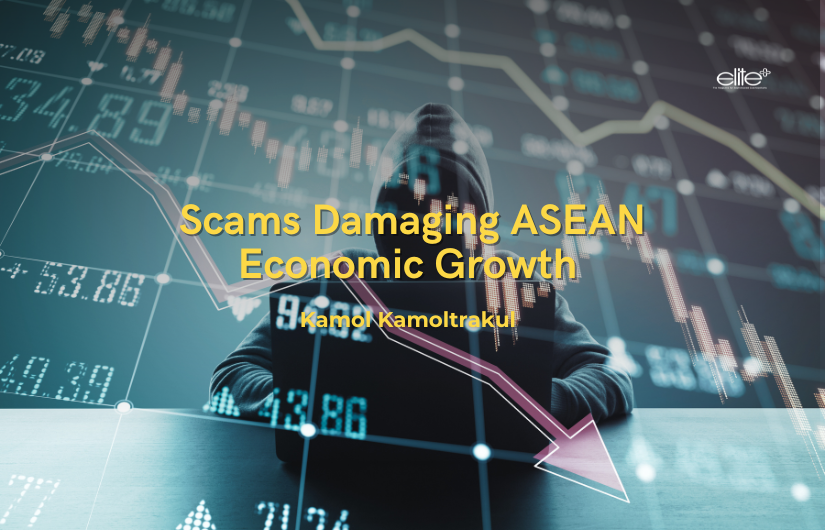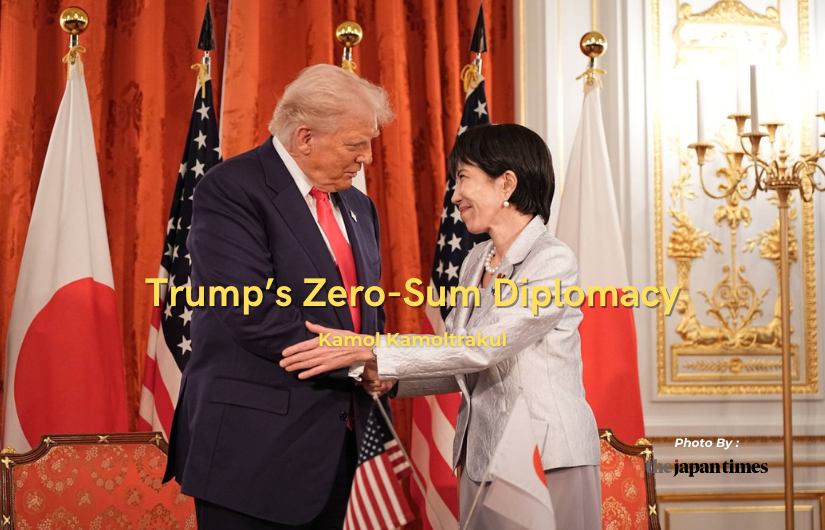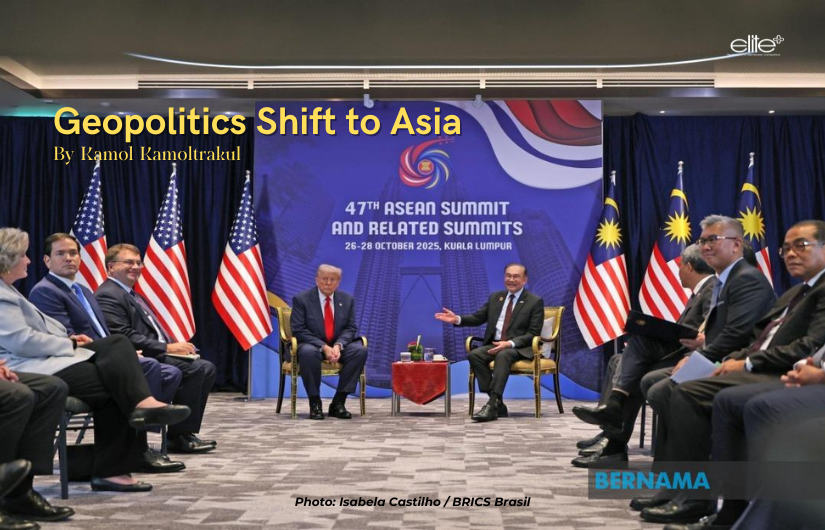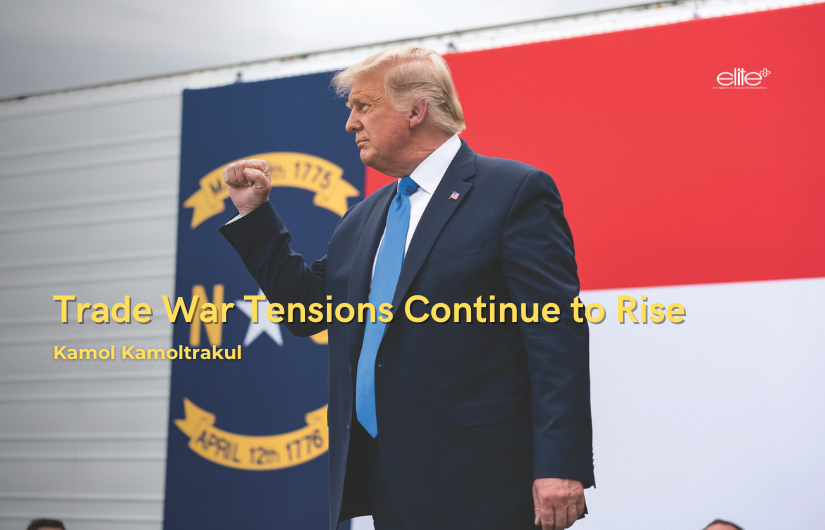New Hope for Korean Democracy
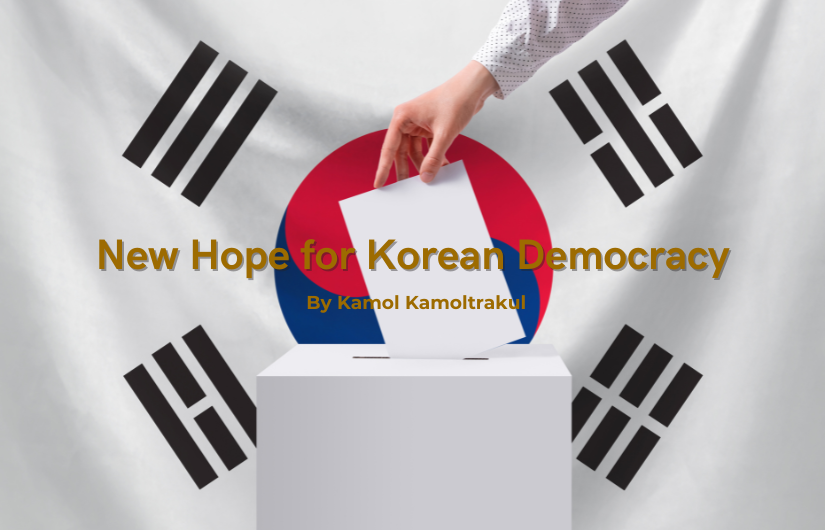
The result of the presidential election in Korea has sent a clear message to the military, politicians and the world that only the power of voters can protect democracy and prevent abuse of power. South Korea's new President Lee Jae-myung, a former child factory worker, took office on Wednesday, 4 June, amidst high public expectations and a fractured political landscape, with a pledge to restore stability after months of turmoil. Lee, a former human rights lawyer, pledged to restore democracy and unite the country. This is after a quite turbulent life with now new challenges awaiting him.
Lee Jae-myung is the leader of the progressive Democratic Party of Korea and a former national assemblyman and two-time presidential candidate. He was mayor of Seongnam, governor of Gyeonggi province and is now the 14th president of South Korea. This is a remarkable achievement for someone who grew up in a slum south of Seoul, dropped out of middle school to work in sweatshops and climbed up to become a human rights lawyer and labour activist for two decades before entering politics in 2005.
After graduating from elementary school, Lee had to work at various factories in Seongnam, a city near Seoul, because his family couldn’t afford his secondary education. At a factory manufacturing baseball gloves, he had his left forearm crushed by a press machine, causing a permanent arm disability.
Despaired, Lee tried to kill himself twice, both times unsuccessfully. He later got back on his feet and entered Seoul’s Chung-Ang University with a full scholarship before he became a human rights lawyer and politician.
“Hopes and ordeals always come together. The roles of ordeals are not getting people to surrender, but testing how serious and desperate their hopes are,” Lee said in a memoir published in 2017.
Lee, who lost the 2022 presidential election to Yoon by a razor-thin 0.7% point, this time won a decisive victory at 49.42% of the nearly 35 million votes cast, official data showed. He defeated conservative candidate Kim Moon-soo by more than eight percentage points. His conservative rival, Kim Moon-soo, garnered 41.15% in the polls that drew the highest voter turnout for a presidential race since 1997. The voter turnout was as high as 79.4% of the electorate.
In his victory speech, Lee called for national unity and restoration of democracy and vowed to become a leader for every Korean and improve the lives of ordinary people. "I will fulfil my mission of creating a world where democracy is restored and the people are respected as sovereign in a democratic republic while living together in cooperation with each other," Lee said on stage where he was joined by his wife, Kim Hye-kyung.
Moreover, Lee promised he would "never again" allow democratic institutions to be threatened, adding that he would "become a president who ends the politics of division."
Analysts said Lee’s decisive victory is a triumph of the people against dictatorship and the scandal caused by the former president who broke the constitution by declaring martial law to save himself.
The people judged the 3 December martial law implementation as a violation of democracy," National Assembly Speaker Woo Won-shik told BBC Korean in an exclusive interview. "This election was not only a judgment on that, but also a reflection of the public's demand to properly restore democratic principles." Woo said the result was "a fair reflection of the will of the people that clearly expressed the people's intent."
After the polls closed, M Jae Moon, a distinguished professor of public policy and management at Yonsei University, said in an interview with reporters, “I think the high turnout in the vote really demonstrated how people are interested in returning to normality and restoring our democratic norms. We have faced a very long, turbulent political landscape for six months. There has been a lot of political protesting on the streets, and that eventually polarised our society. So, people really wanted to get democracy back.”
Lee’s victory comes six months after he evaded military barricades to vote against Yoon’s short-lived martial law declaration, which threw South Korea into its worst political crisis in decades. The marshal law emergency decree, seen as an attempted coup, sparked mass protests and led to Yoon’s removal from office in April, less than three years into his five-year term.
However, Lee will now face a tough road ahead. His most pressing task is to boost the sluggish Korean economy. Economic growth and social challenges are the top issues. Just last week, the Bank of Korea slashed its 2025 economic growth forecast to a meagre 0.8%, down from 1.5%, predicted in February.
At the same time, inflation remains above 2%, which implies that real growth has been negative while housing prices in Seoul have increased beyond what most people can afford. Lee has already promised a major stimulus package of 35 trillion won (USD 25 billion), but an expansive fiscal policy of this sort can only be a short-term measure.
Analysts believe fundamental reform is first required to tackle structural issues – declining productivity, ageing society and the world’s lowest fertility rate, medical and pension reforms, controlling housing prices and upskilling the population for emerging technologies such as artificial intelligence. It calls for the rewriting of a social contract that deals with how to generate and distribute wealth in a productive, fair and equitable manner.
A Korea Times’s reporter commented that Lee has offered pragmatic and populist policies to the public. He is initiating an economic agenda that focuses on people’s livelihoods, captured in the slogan, “meoksanism” – derived from a Korean phrase concerning “eating and living” issues. The goal is to focus on practical concerns, like jobs, housing and social welfare, rather than abstract ideals or ideology. This emphasis on everyday economic matters aims to broaden the appeal to moderate supporters while Lee promotes a strict ideology.
Moreover, on foreign policy, as Lee takes on the top job, he faces the daunting task of not only uniting the country, but also balancing ties with its most important ally, the US, under President Trump's unpredictable brand of diplomacy. Anyhow, Lee told the media, he will pursue “pragmatic diplomacy centred on national interests.”
“I will crawl between his legs, if necessary; if that’s what I have to do for my people,” Lee told reporters this week about President Trump’s tariff war. “But I am not a pushover, either. South Korea also has quite a few cards to play in give-and-take negotiations.”
Lee has said he will also seek to mend ties with North Korea and China, South Korea’s largest trading partner, while maintaining a strong military alliance with the United States.
Eventually, Lee will be judged by how well he performs in reviving South Korea’s economy, fulfilling his populist policies and balancing the country’s trading relations with partners and military alliances during his five-year term.

Kamol Kamoltrakul 48 Posts
Visiting lecturer: Navy Academy Institution, NIDA, School of Governor, Ministry of Interior, Chulalongkorn University, Former Lecturer, ABAC Honorary Advisor Trade and Industry Committee Senate. Senior advisor, Standing Committee on Finance and Banking, The House of Representative. Former Advisor to the Minister of Interior Board Member of ThaiPBS Board Member Of Thai Consumer Council Columnist : Prachachart Business Weekly, Matichon Weekly, Khom Chad Luke Daily Former Program Director Asian Forum for Human Rights and Development ( FORUM-ASIA).




